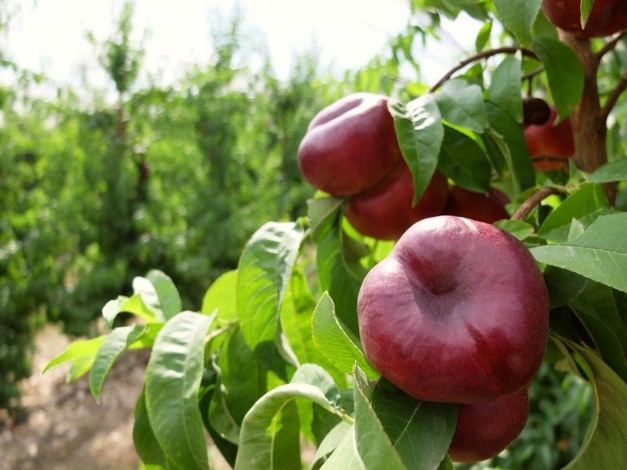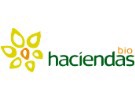Plums are still being harvested in what has been a complex stone fruit campaign at the agronomic level.
"We haven't had a great frost or hail damage like other years, but the climate has greatly conditioned the development of the campaign. Almost all origins in Spain have been affected by drought and water shortages, and although we have had moments of homogeneous calibers, there have also been other moments with very small calibers due to the lack of water," stated Miguel Aceituno, of Haciendas Bio. "The first fruits of the extra-early and early varieties are smaller than the other fruit, but this year they were especially smaller and there was a greater supply that did not favor their commercialization."
In addition to the lack of irrigation and the trees' increased yield, the weather anticipated the harvest in the different producing regions, creating a cascade of overlap between the Spanish harvests. "The good weather in February accelerated the set of the first varieties and the cold weather in March caused a greater decrease than what was assessed at the time, it also delayed the harvest of the mid-season varieties a lot. Thus, some varieties from Murcia overlapped with the production from Huelva and Seville. The early fruit of Lleida and Extremadura also overlapped, and all regions coincided with almost the same varieties."
"As a result of this great offer, conventional peach and donut peach have experienced critical moments; donut peach in particular has not been able to recover since July," Miguel said. "Nectarine generally does well, whereas plums lacked volume this year."
"Despite these specific problems at specific times of the campaign, globally, it's been a year with quite a lot of product turnover and good average prices."
"We at Haciendas Bio had a nearly 15% decrease in volume over the previous year, which is more related to a change in the varieties that we produce, so we can say that it's been a normal campaign, with good demand and correct prices for our organic fruit in the markets in which we have worked."
"The organic segment also experienced moments in which there was a noticeable excess of supply. This is almost always noticeable when France begins to produce, and this year it was very noticeable, as there was a lot of volume in some products such as peaches."
"The apricot campaign was good in terms of production because we have very good varieties and because there was less organic apricot overall."
"Finally, we can't forget platerina, a stone fruit that has worked quite well," Miguel said. "Its campaign lasted 12 weeks and we were present in almost all markets in Europe and Scandinavia. The fruit had good quality and a lot of flavor. In addition, it was very well received in the market. It's a good time for platerina, a product that still has a long way to go. Platerina has sometimes been proposed as an alternative to nectarine, but that's a mistake because it is a different fruit, with a different flavor and shape. In other words, it's a different product."

"Global consumption seems to have decreased, but in the organic fruit segment, it's gone well as sales have the level of other years and prices are right. We at Haciendas Bio have a wide range of fruits and vegetables 12 months a year. We try to defend the products' prices and quality while delivering a good service. According to our customers' feedback, that's why we've had a relatively acceptable stone fruit season."
"The stone fruit was followed by kiwi, pomegranate, and kaki, which we produce organically in Badajoz. Our vegetable season in the greenhouses of Almeria is also underway and we hope we'll have good results again."
For more information:
Haciendas Bio
www.haciendasbio.com
